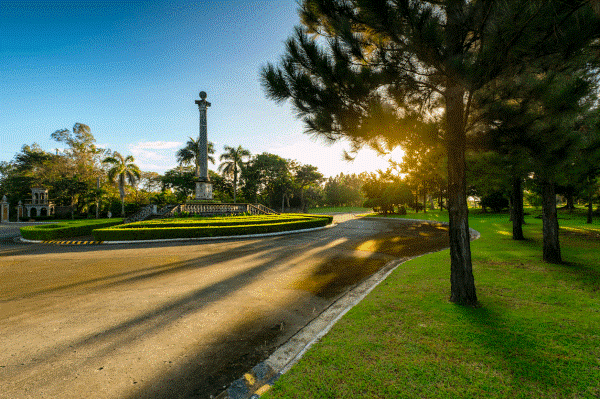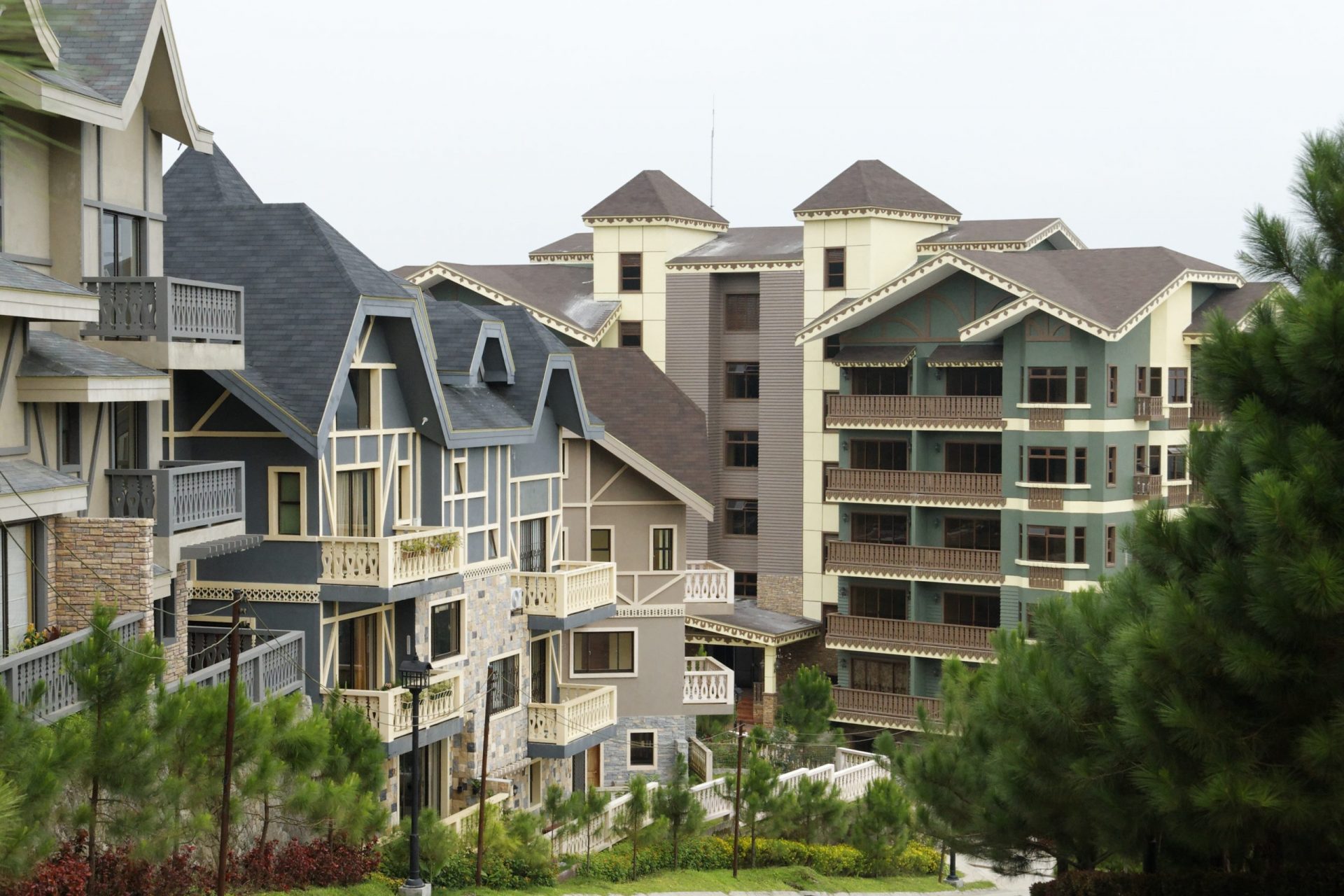BLOGS
Green Lanes For Strategic Investments: Should We Go For Them
Queueing in lines is one of the most triggering problems to Filipinos. The long line and hot weather will only have you waiting for a couple of days or months to claim the requested documents. If you hate these things to happen, keep reading because the new Executive Order might put you at ease!
The Department of Trade and Industry (DTI) has announced that the Executive Order No 18 mandates the formation of green lanes for strategic investments. The government’s creation of green lanes will speed the rehabilitation and growth of the Philippine economy. The program is a component of the government’s plan to boost foreign investment, which has decreased since 2021 due to high inflation, a falling peso, and a slowing global economy.
What is strategic investment explanation?
The first thing you might want to know is the definition of strategic investment and how does it benefit the Philippines and its citizens.
Deals for strategic investments typically take the form of common or preferred share financing from a business investing in emerging startups creating technology that complement that company’s industry.
A strategic investment from a major leader in your sector might be seen as a powerful endorsement of your fledgling company. To assist you in building and scaling your firm more quickly, the strategic venture team can draw on resources from their operational business divisions.
According to the EO, strategic investments are those that support the Philippine Development Plan and are anticipated to have a significant economic impact on the Philippines by bringing in sizable amounts of capital or investments, supporting the country’s balance of payments, or enhancing infrastructure capabilities.
The EO divides strategic investments into three categories: highly desirable projects, foreign direct investments (FDI), and projects or activities covered by the Strategic Investment Priority Plan (SIPP), which includes information on those eligible for tax incentives under the Corporate Recovery and Tax Incentives for Enterprises Act.
As part of the Philippines’ Strategic Investment Priority Plan, the Executive Order No 18 or known as the establishment of “green lanes” for key projects, as this is thought to boost corporate efficiency and increase the country’s investment appeal to foreign investors.

What is a green lane?
In November 2022, the Executive Order No 18 has been created and it provides specifications that will expedite transactions with regards to requesting necessary documents. The term green lane means the improvement of system to speed up and simplify the procedures and demands for the issuance of permits and licenses, including resolving problems involving strategic investments.
Green lanes expedite transactions with the help of One-Stop-Action-Center for Strategic Investments (OSAC-SI). Also, they must be integrated and shouldn’t be identical to the one-stop shops or one-stop activity centers already in place.
All national government agencies, as well as their regional and provincial offices, local governing bodies, and quasi-judicial organizations involved in issuing the licenses and permissions required for the establishment of strategic investment projects in the nation, will be covered by it.
These organizations are required to respond to business applications within three working days for straightforward transactions, seven working days for difficult transactions, and 20 working days for highly technical transactions, all measured from the date of receipt.
A technical working group is also being established to act as an oversight body to guarantee the EO is carried out. It will be led by the DTI-BOI and include representatives from the National Economic and Development Authority, One-Stop-Action-Center for Strategic Investments (OSCA-SI), ARTA, Department of the Interior and Local Government, Department of Finance, and the Department of Trade and Industry (DTI).
The Anti-Red Tape Act of 2007’s Section 10 shall apply in the event that the NGA or LGU fails to take action with regard to an application, whether to approve or deny it. Moreover, DTI-BOI has the authority to approve applications for permits and licenses that haven’t been addressed after the initial or extension time to the Anti-Red Tape Authority.
Call for Green Lanes for Strategic Investments
The green lane program or the Executive Order No 18, is a point of entry for foreign investments because it is a component of government plans to boost FDI influx. In the nine months leading up to September of 2022, FDI into the Philippines decreased by 10%, from US$7.5 billion to US$6.7 billion. This compelled the nation’s central bank to lower its prediction for FDI inflow for 2022 from US$10.5 billion to US$8.5 billion.
The main causes of the decrease in FDI include the depreciation of the Peso, rising inflation, and the downturn in global economic growth. It has a primary goal of raising the nation’s standing in terms of global competitiveness.

One of the EO No 18’s business reforms is it is expediting the processing of business licenses and permits. Another is the standard turnaround time for government transactions based on the complexity of the task. Third is automated business registration processes to reduce graft and corruption. Fourth is the establishment of a citizen’s charter outlining the requirements for each type of transaction, the person responsible, lead time, fees, and filing procedures. And last is accountability of agency heads and other top officials.
Do you think the Philippines is a good haven place for foreign investment?
The Philippine government has made a number of regulatory reforms in the last year to make doing business easier for foreign investment. This is a proof that international investments will not be wasted as the country is continuing efforts of implementing orders for convenience and growth. Here are some highlights of the Philippine expansions that attract foreign investors:
The provisions of the Foreign Investments Act (FIA) of 1991 will generally apply to foreign investors opening businesses in the Philippines. The Foreign Investments Act (FIA) limits foreign ownership in certain industries or sectors that are regulated by law or listed on the Foreign Investments Negative List. Depending on the kind of organization or sector a foreign investor wishes to enter, there may also be a minimum capital requirement. When entering the Philippine market, or any market for that matter, it is crucial to understand if foreign participation limits apply and the necessary minimum capitalization, among other requirements.
The type of business structure that best suits a foreign investor’s needs is another crucial factor to take into account. If they intend to conduct full business activities, the majority of foreign investors that establish a presence here set up a domestic corporation or a branch office because the other types of business structures (for example: representative office and ROHQ) have restrictions on permissible activity.
A branch is frequently viewed as more tax-efficient than creating a domestic corporation because it is only taxed on income with Philippine sources. Additionally, it could offer operational freedom and uniformity in the legal procedures and business dealings with its parent or headquarters.
Foreign investors must deal with direct and indirect taxes from the beginning of their firm until its end. The regular corporate income tax (RCIT) rate in the Philippines is now 20% for small and medium-sized businesses and 25% for large businesses. After the Corporate Recovery and Tax Incentives for Businesses (CREATE) Act was signed into law last year, the rates were lowered to help the economy recover from the pandemic’s effects. Other than RCIT, there are temporary reductions in several tax rates, such as the minimum corporate income tax (MCIT) rate from 2% to 1% and the percentage tax from 3% to 1%, both of which are only in effect until June 30, 2023.
Suggested Read: Taxes When Buying A House In The Philippines
Except for certain transactions covered by 0% VAT or VAT-exempt status, as specified in the Tax Code, the Value-Added Tax (VAT) rate is 12% for the sale of products, real estate, and services in the Philippines.
Suggested Read: Philippines’ 2022 Strategic Investment Priority Plan
Suggested Read: Why La Posada Homes Is The Peg For Upscale Living
Suggested Read: Why Move To An Exclusive Subdivision In Alabang
Suggested Read: 7 Reasons Why You Should Invest In Davao
Suggested Read: The Inspiring Women In Real Estate














